Company details for:
MRB Electrical & PAT Testing

132 Broadway,
Gillingham,
Kent,
ME8 6DP,
United Kingdom
Quick Links:
Products
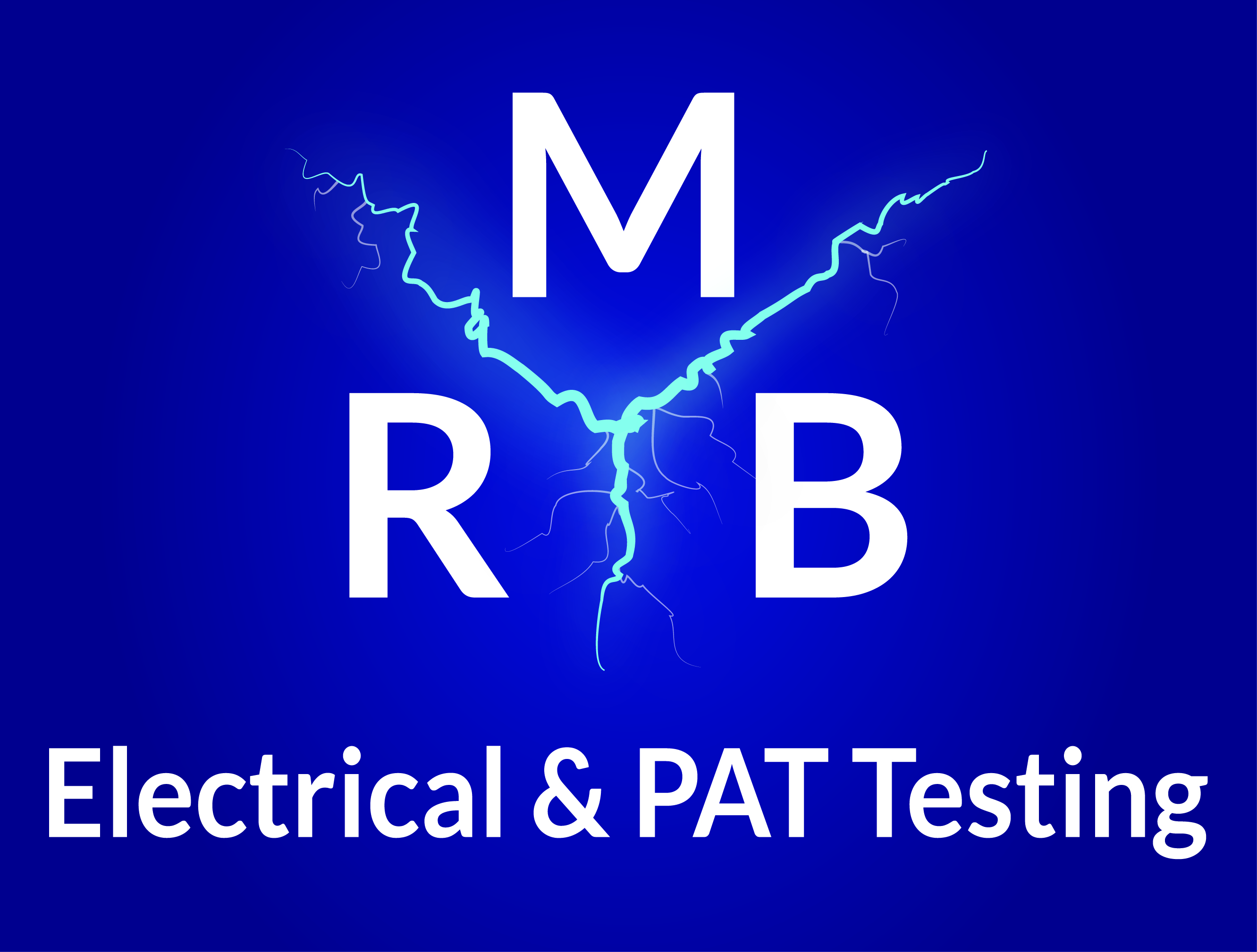
Who and What is affected by PAT Testing
PAT Testing affetcs employers, the self-employed, sub-contractors, home workers, independent shop owners, landlords and even individual users of electrical equipment.
From a kitchen kettle in rented accommodation, to a hairdryer in a hotel room, IT equipment in an office, to 110v appliances on a construction site and 415v appliances in restaurants and factories., every appliance with a connection to a Single Phase or 3-Phase mains supply is affected.
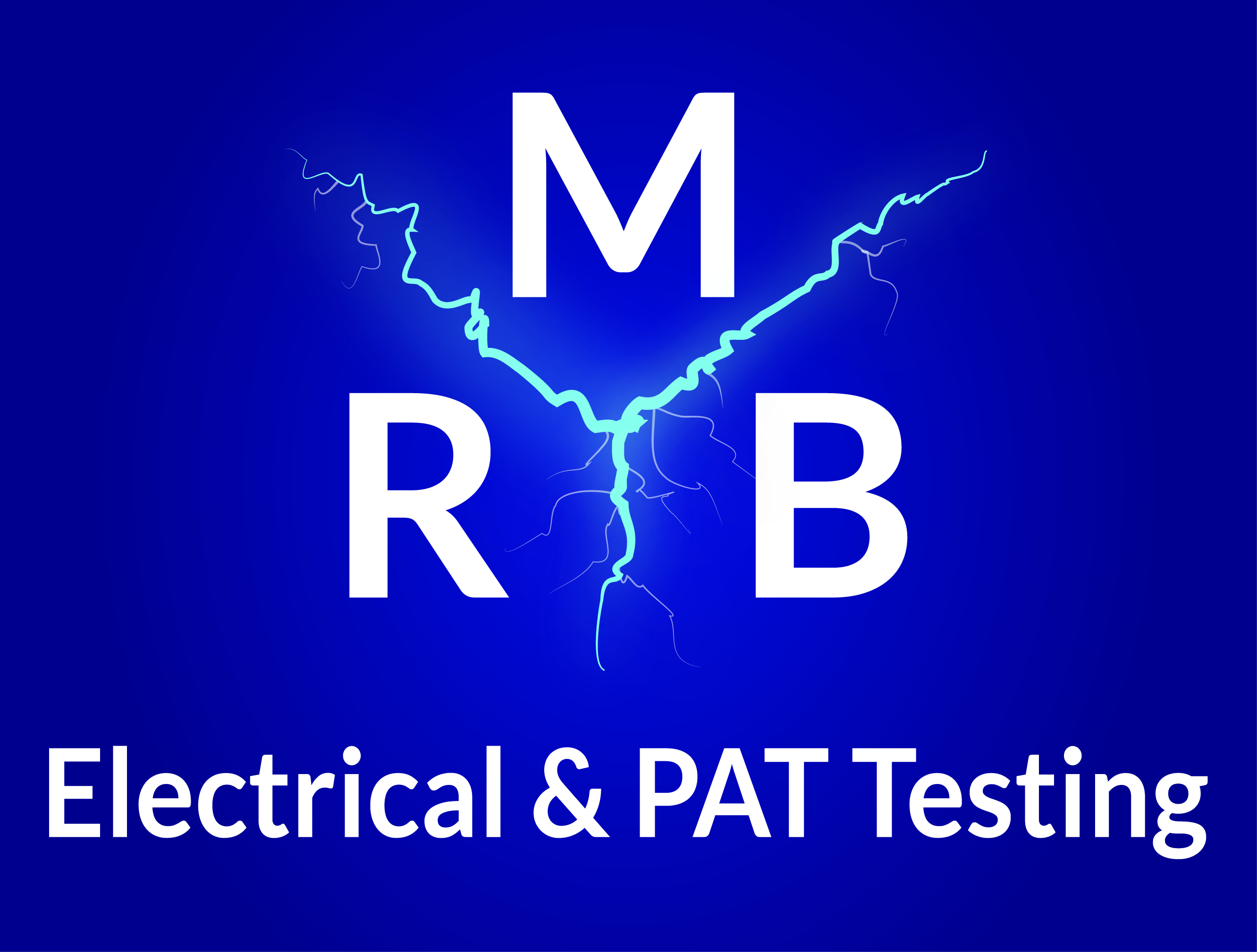
PAT Testing Frequency
IT Equipment in a typical office environment is recommended to be formerly inspected and tested at no more than 5 year intervals. On a construction site where risk is usually greater, appliances are recommended to be formerly inspected and tested at no more than 3 month intervals.
However, more insurance companies are insisting on more regular PAT Testing before a policy is issued or renewed and this may mean offices for example being PAT Tested on an annual basis.
Check the small print of your policy. It may not mention PAT Testing, but it may mention a requirement to ensure your electrical equipment is safe for continued use. PAT Testing is widely accepted as the only way you can do this.
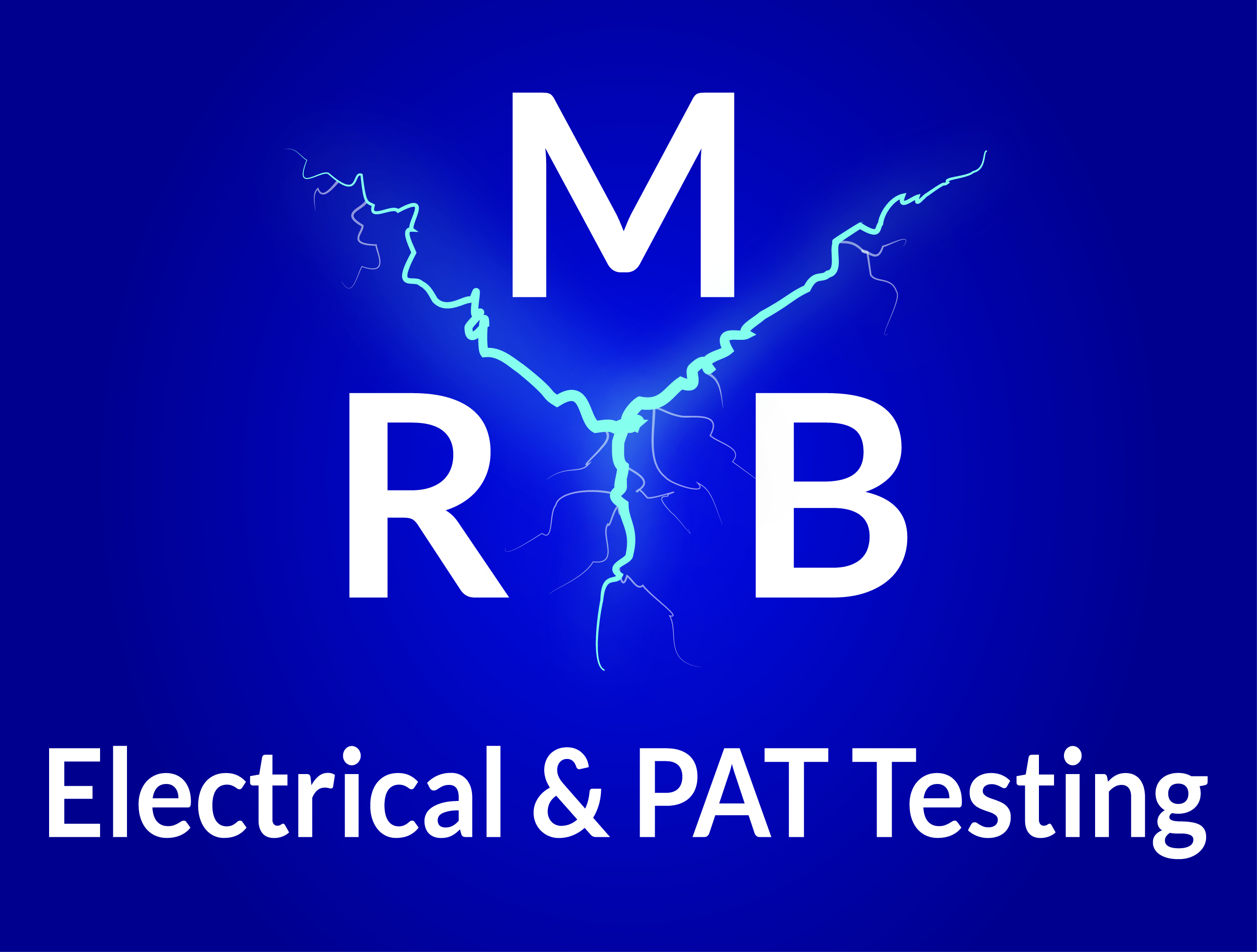
What is PAT Testing
All appliance with a connection to a mains or generator supply will require PAT Testing. Some may only require a formal visual inspection and others will require a visual inspection and combined testing. In short, the testing process for a typical appliance starts with a formal visual inspection, checking the appliance casing, cable and plug for damage, followed by earth continuity testing, insulation resistance testing and a functionality test.
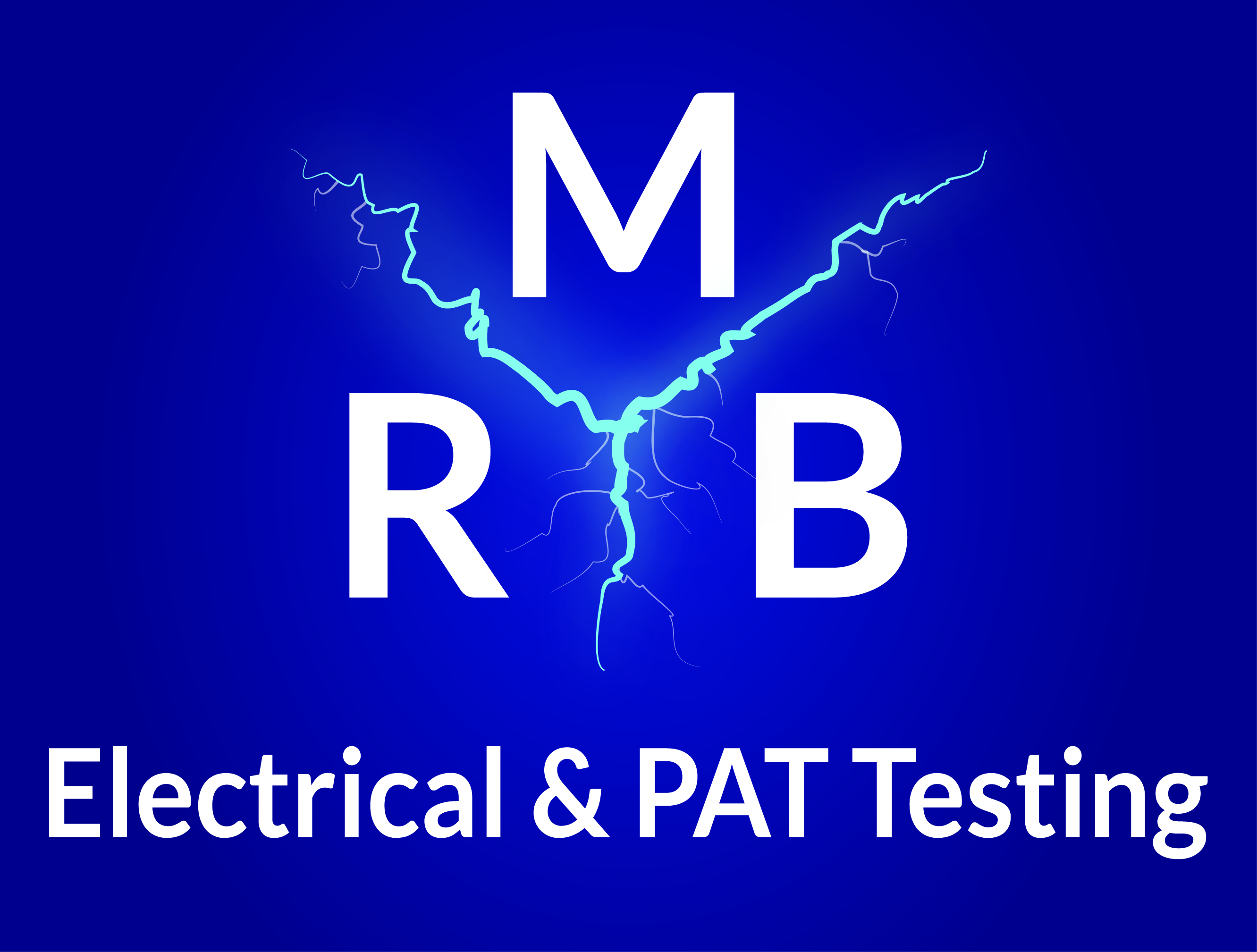
PAT Testing Legislation
The simple answer is no. However, legislation requires the responsible person within an organisation, to ensure that their electrical equipment is safe for continued use.
The IET Code of Practice for the In-service Inspection and Testing of Electrical Equipment (4th Edition), can be used to prove negligence under current legislation in the event of an electrical appliance related incident.
The Health and Safety at Work etc Act 1974 puts a duty of care on both employers and employees, “to ensure the safety of all persons using work premises”, including the Self-Employed.
The Electricity at Work Regulations 1989 states that all systems shall be maintained so as to prevent danger”.
The Provision and Use of Work Equipment Regulations 1998 states that, every employer shall ensure that work equipment is suitable for the purpose for which it is used or provided.
The Management of Health and Safety at Work Regulations 1999 states that every employer shall make a suitable assessment of the risks to the health and safety of his employees and also persons not in his employment but of his undertaking.
The Workplace (Health, Safety and Welfare) Regulations 1992 states that, workplace equipment, devices and systems are maintained and subject to a suitable system of maintenance”.
The Housing Act 2004 (England and Wales) requires Landlords to ensure that electrical appliances within residential properties are subject to risk assessment , ensuring a safe and healthy environment for tennants and visitors.
The Electrical Equipment (Safety) Regulations 1994 requires landlords to take reasonable steps to ensure that their electrical appliances are safe”.
About us
Our "PAT Testing" is fully compliant with the IET 5th Edition for the In-Service Inspection & Testing of Electrial Equipment.
The market places we cater for include agriculture, banking & insurance, beauty, construction, education, healthcare, horticulture, hospitality, industrial, public sector and retail among others.
Organisations that can benefit from PAT Testing as part of an electrical appliance safety regime under relevant legislation include building contractors, tool hire providers & contractors using 110v appliances, banks, building societies & insurance brokers, beauty & hair salons, pre-school nurseries, schools, colleges & universities, GP surgeries, walk-in centres & dental practices, veterinary practices, industrial sites using 3-phase 415v appliances, pubs & clubs, restaurants, cafes & commercial kitchens, hotels, guest houses & bed & breakfasts, caravan & holiday parks, sports & leisure centres, fitness & health centres, offices & shops, not-for-profit organisations and emergency services.
City & Guilds qualified, MRB Electrical & PAT Testing carry out Portable Appliance Testing in strict compliance to the Institution of Engineering & Technology Code of Practice for the In-service Inspection & Testing of Electrical Equipment (5th Edition) and backed by £5m Public & Products Liability Insurance.
All clients receive a full Asset Register, Inspection & Testing Results Log and Electrical Equipment Safety Compliance Certificate.
Images

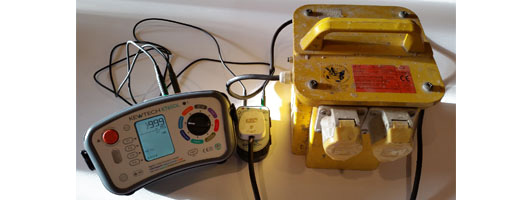
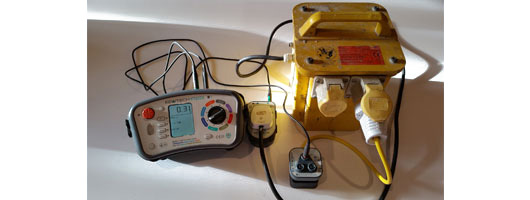
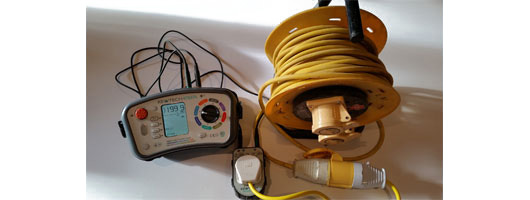
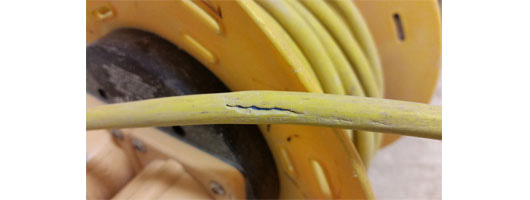

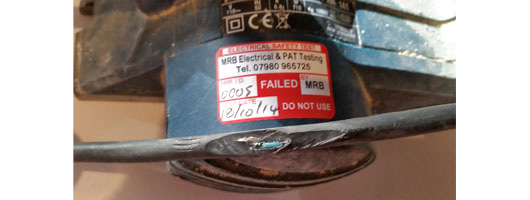
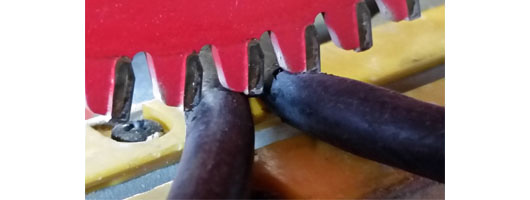
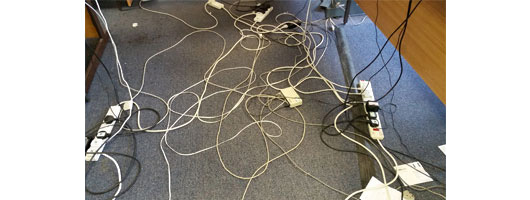
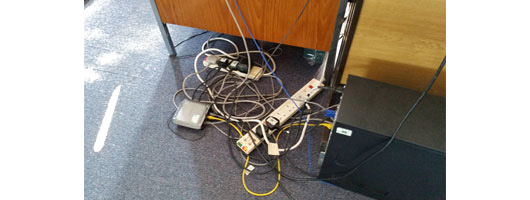
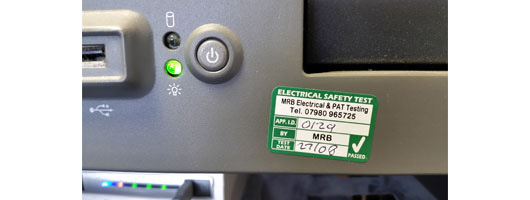
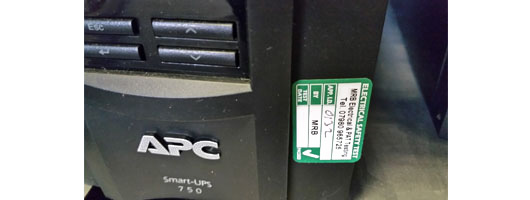
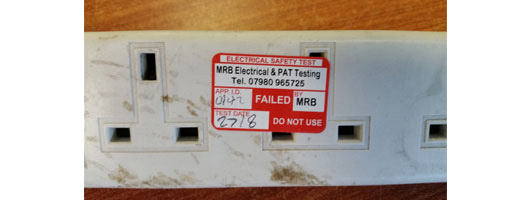
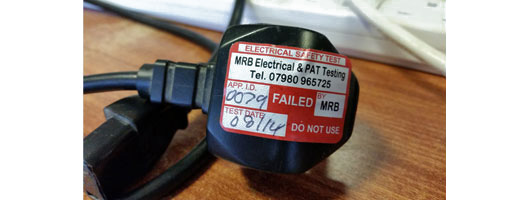
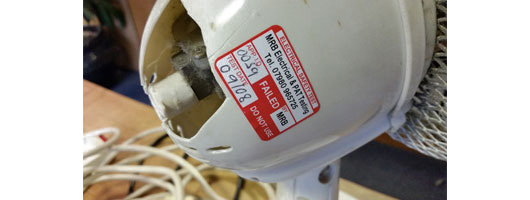






























Articles / Press Releases
Trade Associations
